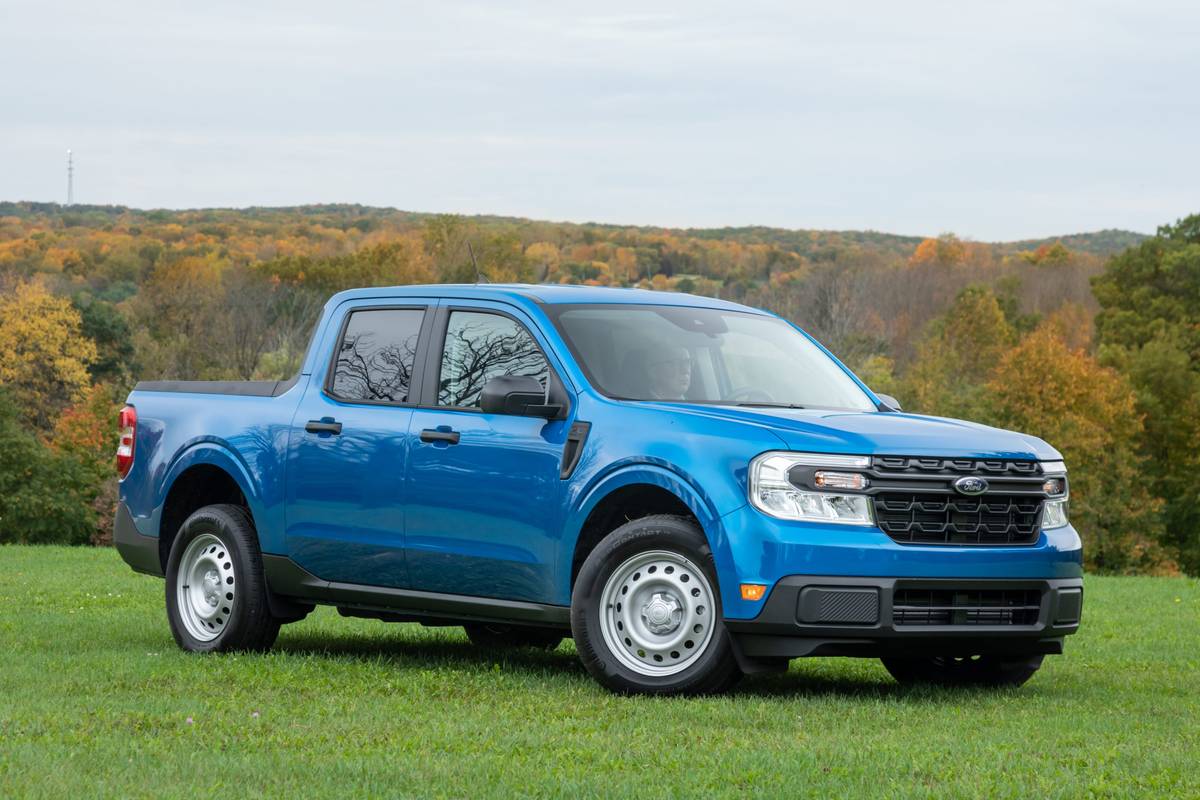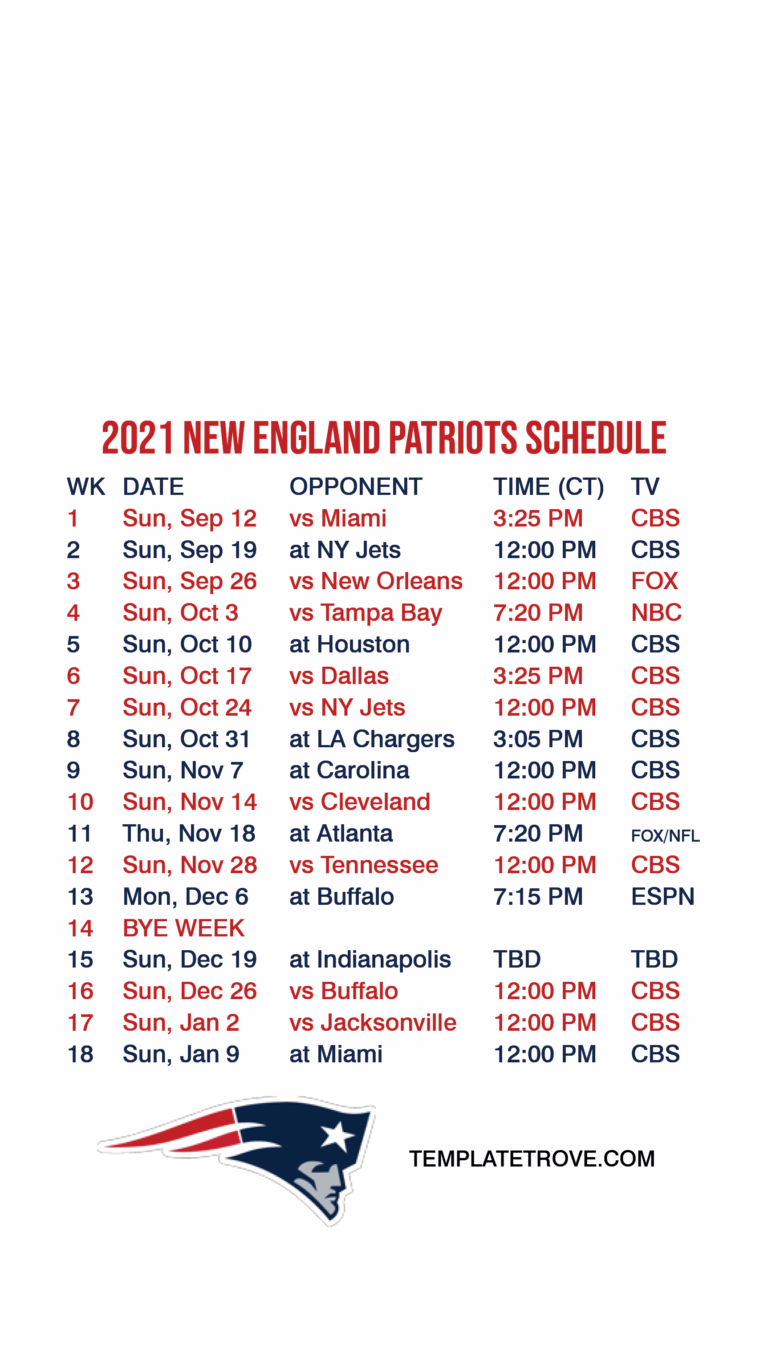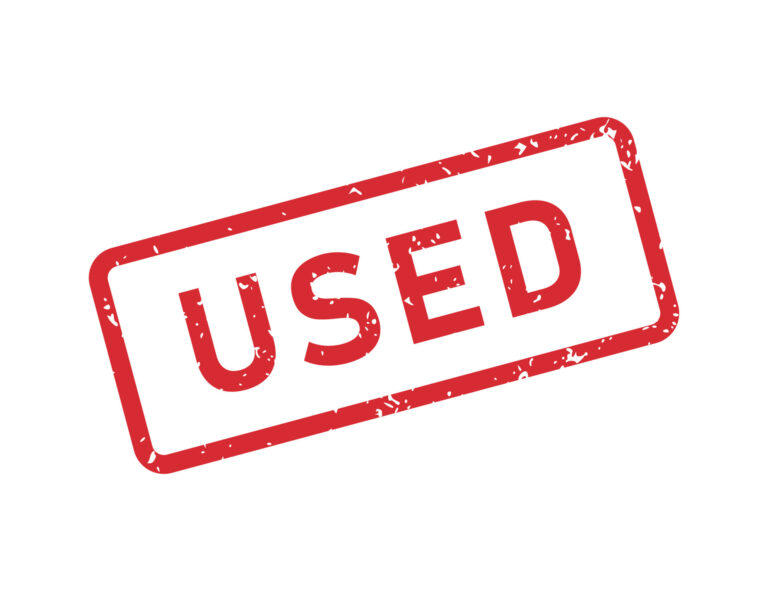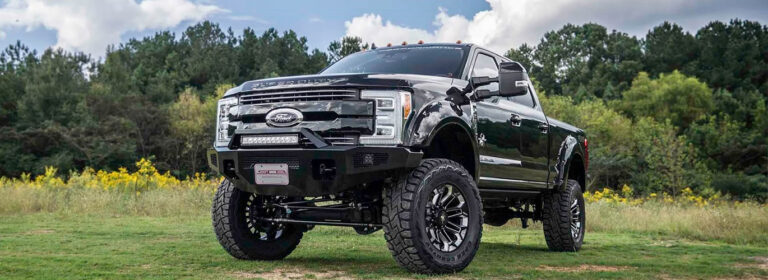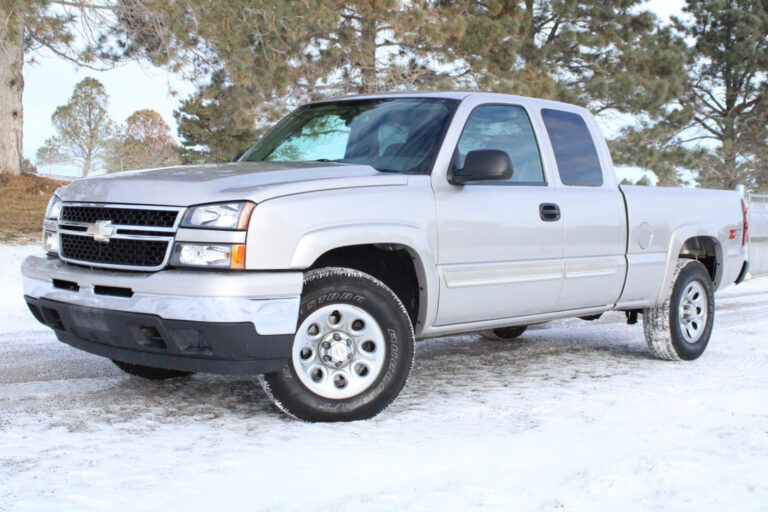Cheap Trucks For Sale Under $2000: Your Ultimate Guide to Affordable Hauling
Cheap Trucks For Sale Under $2000: Your Ultimate Guide to Affordable Hauling cars.truckstrend.com
In an era where vehicle prices seem to constantly climb, the idea of finding a reliable truck for under $2000 might sound like a relic from a bygone era. Yet, for many, this budget isn’t just a fantasy; it’s a practical necessity. Whether you’re a burgeoning DIY enthusiast, a small business owner needing a light-duty hauler, a young driver seeking a first vehicle, or simply someone who appreciates the utility of a pickup without breaking the bank, cheap trucks for sale under $2000 represent a treasure trove of potential.
This comprehensive guide will navigate the often-murky waters of the ultra-affordable truck market. We’ll explore what makes these budget-friendly workhorses a viable option, where to find them, what to look for, and how to make the most of your investment. Prepare to uncover the secrets to securing a functional, affordable truck that serves your needs without emptying your wallet.
Cheap Trucks For Sale Under $2000: Your Ultimate Guide to Affordable Hauling
Why Go for a Truck Under $2000? The Unsung Benefits
The primary appeal of a sub-$2000 truck is, undeniably, its price tag. But beyond the immediate savings, there are several compelling reasons to consider this segment:
- Unbeatable Cost-Effectiveness: For many, a truck isn’t a luxury but a tool. A $2000 truck fulfills this role without the burden of hefty loan payments, high insurance premiums, or significant depreciation worries. It’s a low-risk investment for high utility.
- Practical Utility: Need to haul lumber for a home project? Transport furniture? Carry gardening supplies? A cheap truck provides the bed space and towing capability often lacking in sedans or SUVs.
- Learning Opportunity: For those new to vehicle maintenance or aspiring mechanics, an older, simpler truck offers an excellent platform to learn basic repairs, diagnostics, and general upkeep without the fear of damaging an expensive asset.
- Minimal Depreciation: Unlike new vehicles that shed thousands in value the moment they leave the lot, a truck bought for under $2000 has likely already experienced its major depreciation. Its value will largely remain stable, or even increase if you make strategic repairs.
- Ideal for Specific Niches: These trucks are perfect for farm use, off-road trail vehicles, dedicated work trucks that will see heavy use and potential abuse, or as a secondary "beater" for dirty jobs.

What to Expect: Common Candidates for Under $2000
When shopping in this price bracket, you’re primarily looking at older models, often with high mileage. Reliability here isn’t about pristine condition, but about robust engineering and a history of being well-maintained (or at least not completely abused).
Common candidates you’re likely to encounter include:
- Ford Ranger / Older F-150s (1980s-1990s): Rangers are known for their simplicity and durability, especially with the 4-cylinder engines. Older F-150s, particularly the "bricknose" and "OBS" (Old Body Style) generations, are legendary for their sturdy frames and straight-six or small-block V8 engines.
- Chevrolet S10 / Older Silverados (1980s-1990s): Similar to the Ranger, the S10 offers a compact, utilitarian package. Older Silverados (C/K series) are another full-size workhorse with a vast aftermarket and readily available parts.
- Dodge Dakota / Older Rams (1980s-1990s): Dakotas offer a mid-size option, while older Rams (D-series or first-gen Rams) are known for their ruggedness, though rust can be a significant issue in salt-belt states.
- Toyota Pickup (Pre-Tacoma) / Older Tacomas (Early 1990s): These are often the "unicorns" of the sub-$2000 market. Their legendary reliability means they hold their value exceptionally well. If you find one under $2000, it will likely have very high mileage, significant rust, or require substantial work, but the core mechanics are often still solid.
- Nissan Hardbody / Older Frontiers (Late 1980s-Early 1990s): Underrated but incredibly durable, Nissan’s compact trucks offer a solid alternative to the domestic options, often found in good mechanical shape due to less demand.
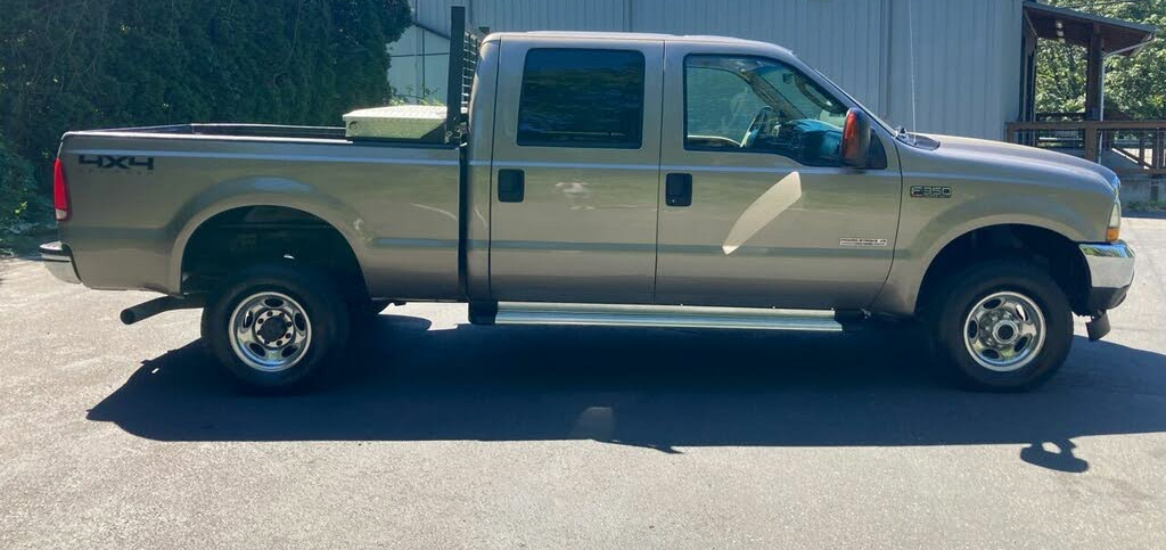
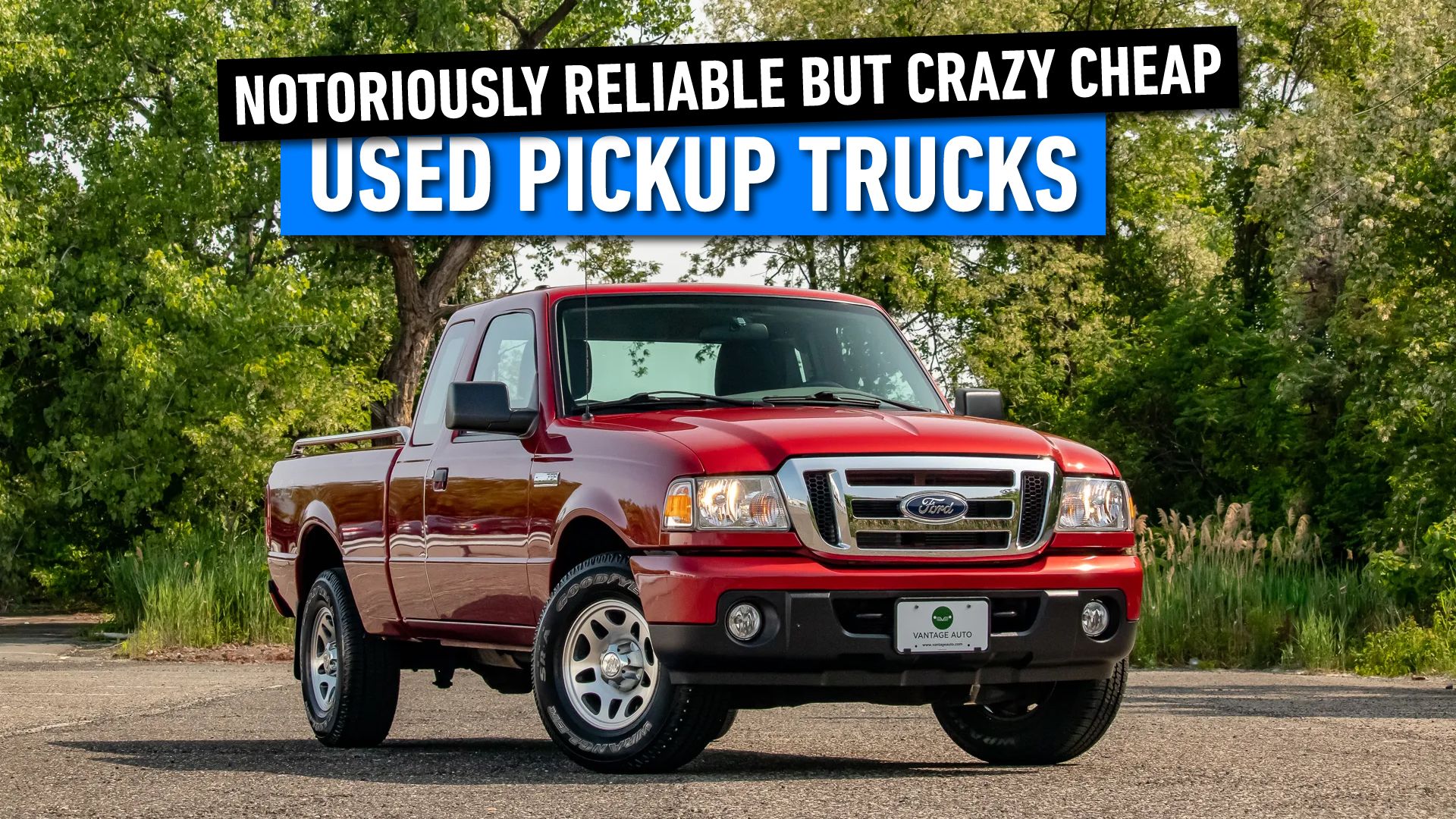
Expect these trucks to have cosmetic imperfections – dents, dings, faded paint, torn seats. Mechanical issues are also common but should ideally be minor or easily fixable (e.g., fluid leaks, worn suspension components, non-critical electrical gremlins). The key is to distinguish between cosmetic wear and critical structural or mechanical failure.
The Hunt: Where to Find Your Under-$2000 Truck
Finding your budget-friendly truck requires patience, persistence, and knowing where to look:
-
Online Marketplaces:
- Craigslist: Still a powerhouse for private sales. Be prepared for a mix of legitimate sellers and scams. Filter by price and be specific with your search terms (e.g., "Ford F150," "Chevy S10," "work truck").
- Facebook Marketplace: Increasingly popular, offering a more visual experience and often more local listings. Join local "buy/sell/trade" groups.
- OfferUp/LetGo: Similar to Craigslist, these apps are great for local listings from private sellers.
- eBay Motors (Local Pickup): While many vehicles here are higher priced, you can sometimes find project trucks or parts vehicles listed for local pickup under $2000.
-
Local Classifieds & Word-of-Mouth: Don’t underestimate traditional methods. Check local newspapers, community bulletin boards, and simply tell friends, family, and colleagues you’re looking. Many older trucks change hands this way.
-
Small Used Car Lots/Independent Dealers: Some smaller, independent lots specialize in older, cheaper vehicles. Their inventory often comes from trade-ins that larger dealerships don’t want. Be cautious here, as some may try to hide issues.
-
Auctions (Public/Impound): While less common for vehicles in this price range, public auctions (e.g., police impound auctions, government surplus sales) can sometimes yield a diamond in the rough. This route requires experience and a willingness to buy "as-is."
When contacting sellers, always ask detailed questions: Why are they selling? How long have they owned it? What’s the maintenance history? Are there any known issues? Don’t be afraid to ask for more photos or videos.
The Inspection: Crucial Steps Before Buying
This is the most critical phase. Assume every truck under $2000 has issues. Your goal is to identify them and determine if they’re manageable.
-
Visual Inspection (Exterior & Undercarriage):
- Rust: The #1 killer of older trucks. Check the frame rails (especially near leaf spring mounts and suspension points), rocker panels, cab corners, bed mounts, and wheel wells. Surface rust is common; frame rot is a deal-breaker.
- Tires: Check tread depth, uneven wear (indicates alignment or suspension issues), and age (cracking).
- Fluid Leaks: Look under the truck and around the engine bay for puddles or drips (oil, coolant, transmission fluid, brake fluid).
- Body Panels: Look for significant dents, mismatched paint (accident history), and proper alignment of doors/hood/tailgate.
- Lights: Ensure all exterior lights work (headlights, tail lights, turn signals, brake lights).
-
Engine & Under-Hood Inspection:
- Fluids: Check oil, coolant, brake fluid, power steering fluid levels and condition. Milky oil or coolant indicates serious problems.
- Belts & Hoses: Look for cracks, fraying, or bulges.
- Battery: Check terminals for corrosion.
- Listen: Start the engine cold if possible. Listen for knocking, ticking, grinding, or excessive exhaust noise. Blue smoke from the exhaust indicates burning oil; white smoke could be coolant; black smoke, too much fuel.
- Warning Lights: Ensure no check engine light, ABS light, or other critical warning lights are on after starting.
-
Interior & Electronics:
- Gauges: Ensure speedometer, tachometer, fuel, temperature, and oil pressure gauges work.
- HVAC: Test heating and air conditioning (even if it’s just fan speed).
- Power Features: Test windows, locks, radio, wipers.
- Seats: Check for tears, adjustability, and safety belt functionality.
- Odor: Musty smells can indicate water leaks; sweet smells, coolant leaks.
-
Test Drive:
- Brakes: Test stopping power, listen for grinding or squealing. Ensure the truck stops straight.
- Steering: Check for excessive play, pulling to one side, or strange noises when turning.
- Transmission: Listen for clunking, slipping, or harsh shifts. Test all gears, including reverse.
- Suspension: Drive over bumps to check for excessive bouncing or loud noises.
- Alignment: Does the truck drive straight without constant steering correction?
- Listen: Pay attention to any new noises that appear during the drive.
-
Paperwork & History:
- Ensure the seller has a clean title in their name. Verify the VIN on the title matches the VIN on the truck (usually on the dashboard and door jamb).
- VIN Check: Run a VIN check (Carfax, AutoCheck, or free alternatives) to look for salvage titles, flood damage, accident history, or odometer fraud. Even a basic free search can reveal red flags.
- Maintenance Records: Ask for any available service history.
-
Pre-Purchase Inspection (PPI): If you’re serious, and the seller agrees, paying a trusted mechanic $100-$200 for a thorough inspection is invaluable, even for a cheap truck. They can spot issues you might miss.
Common Pitfalls and How to Avoid Them
- Rust (Again!): Don’t underestimate it. Extensive frame rust is often not repairable economically. Walk away.
- Neglected Maintenance: Look for evidence of recent oil changes, new tires, or belt replacements. A lack of basic maintenance indicates potential larger issues down the line.
- Undisclosed Damage: Always ask about accidents. Mismatched paint or poorly repaired bodywork can be a sign.
- Warning Lights: A seller who claims a check engine light is "just a sensor" is often hiding a deeper problem.
- Scams: Be wary of sellers who refuse to meet in person, demand payment before you see the vehicle, or have an unverified title. Never buy a truck without a clear title.
Tips for Maximizing Your Under-$2000 Truck’s Life
Once you’ve secured your budget truck, a little proactive effort can significantly extend its lifespan:
- Immediate Maintenance: Assume nothing was recently done. Change the oil and filter, air filter, fuel filter, and check/replace spark plugs. Top off or replace all fluids (coolant, transmission, differential, brake, power steering).
- Address Known Issues Promptly: Don’t let small problems fester. A minor fluid leak can turn into a major repair if ignored.
- Learn Basic DIY Repairs: Invest in a repair manual (Haynes or Chilton) for your specific model. YouTube tutorials are also invaluable. Common tasks like brake jobs, oil changes, and belt replacements are surprisingly achievable.
- Regular Cleaning and Rust Prevention: Wash the undercarriage regularly, especially if you live in a region with road salt. Apply rust-inhibiting sprays to vulnerable areas.
- Don’t Overload or Abuse It: Understand the truck’s limits. While it’s a workhorse, it’s also old. Respect its age and mechanical limits to avoid premature wear.
Cost Beyond the Purchase Price
Remember, the $2000 sticker price is just the beginning. Budget for:
- Registration and Taxes: Varies by state, but expect several hundred dollars.
- Insurance: Obtain quotes before buying. Older trucks are generally cheaper to insure, but rates vary.
- Immediate Repairs/Maintenance: Plan for at least $300-$500 for initial fluids, filters, and any small repairs identified during inspection.
- Tools: If you plan on DIY, a basic set of wrenches, sockets, a jack, and jack stands are essential.
Example Price Table: Potential Under-$2000 Truck Candidates
| Truck Model (Example Years) | Typical Price Range (Under $2000) | Common Issues to Look For | Why It’s a Good Candidate |
|---|---|---|---|
| Ford Ranger (1989-1997) | $1000 – $2000 | Frame rust, ball joints, transmission issues (automatics), catalytic converter failure | Simple, reliable 4-cyl & V6, easy to work on, abundant parts. |
| Ford F-150 (1987-1996) | $1200 – $2000 | Frame rust (especially bed mounts), exhaust leaks, fuel system issues, electrical gremlins | Robust frame, durable engines (I6, 302/351 V8), high towing capacity. |
| Chevy S10 (1982-1993) | $800 – $1800 | Frame rust (rear), intake manifold gaskets (V6), electrical issues, worn suspension | Compact, maneuverable, decent fuel economy (4-cyl), good for light duty. |
| Chevy C/K 1500 (1988-1998) | $1300 – $2000 | Rust (rockers, cab corners, bed), fuel pump, transmission (4L60E), brake lines | Strong engines (350 V8), comfortable ride, vast aftermarket support. |
| Dodge Dakota (1987-1996) | $900 – $1800 | Frame rust, brake system issues, electrical problems, V6 head gaskets | Good mid-size option, V8 availability in later models, decent payload. |
| Toyota Pickup (1989-1995) | $1500 – $2000+ | Significant rust (frame, bed), worn steering components, high mileage wear | Legendary reliability, excellent resale (even beaters), strong engines. |
| Nissan Hardbody (1986-1997) | $1000 – $1800 | Rust (fenders, bed), timing chain issues (KA24E), electrical quirks | Durable, often overlooked, good fuel economy, simple mechanics. |
Note: Prices are highly dependent on region, condition, mileage, and seller motivation. These are typical ranges for running and driving examples that will likely need some immediate attention.
Concluding Summary: The Diamond in the Rough Awaits
Finding a cheap truck for sale under $2000 isn’t just possible; it’s a rewarding endeavor that can put a highly practical vehicle in your driveway without the financial strain of a new purchase. While these trucks will undoubtedly come with their quirks and battle scars, their inherent utility, robust construction, and simpler mechanics make them excellent candidates for budget-conscious buyers.
Success in this market hinges on realistic expectations, thorough inspection, and a willingness to perform or budget for immediate maintenance. Approach the search with patience, a critical eye, and a little mechanical curiosity, and you might just unearth a diamond in the rough – a reliable, affordable workhorse that serves your needs for years to come. Your next great hauling adventure could be just a two-thousand-dollar investment away.
Frequently Asked Questions (FAQ)
Q1: Is it really possible to find a reliable truck for under $2000?
A1: Yes, it is definitely possible, but "reliable" needs to be understood in context. You won’t find a showroom-perfect truck. Reliability in this price range means a truck that starts, drives, stops, and fulfills its basic utility without constant major breakdowns. It will likely need some immediate maintenance and minor repairs.
Q2: What’s the biggest risk when buying a truck this cheap?
A2: Rust, particularly frame rust, is often the biggest risk. It can compromise the structural integrity of the truck and be prohibitively expensive to repair. Other major risks include a failing transmission, a blown engine, or a salvage title that wasn’t disclosed.
Q3: Should I get a pre-purchase inspection (PPI) for a $2000 truck?
A3: Absolutely. While it might seem counterintuitive to spend $100-$200 on an inspection for a $2000 vehicle, it can save you thousands in hidden repairs. A professional mechanic can spot issues you might miss and help you avoid a "lemon."
Q4: What immediate maintenance should I plan for after buying?
A4: At minimum, plan for an oil and filter change, air filter replacement, and a check of all other fluids (transmission, coolant, power steering, brake fluid). Also, inspect belts, hoses, and tires. Budget for potential brake work or minor suspension components.
Q5: Are parts expensive for older trucks?
A5: Generally, no. Parts for common domestic trucks like older F-150s, Silverados, and Rangers are widely available and relatively inexpensive, both new aftermarket and used. Toyota and Nissan parts can be slightly pricier but are still accessible.
Q6: How much should I budget for repairs in the first year?
A6: This can vary wildly. A safe estimate would be to set aside an additional $500-$1000 for unforeseen repairs or necessary upgrades (e.g., new tires, a significant fluid leak, a failing alternator). The more you can do yourself, the lower this cost will be.
Q7: Can I use these trucks for towing?
A7: Many older full-size trucks (like F-150s or Silverados) have good towing capacities. However, for a sub-$2000 truck, always assume a reduced capacity due to age and wear. Inspect the hitch, brakes, and transmission carefully if towing is a primary need. Compact trucks (Ranger, S10) are better suited for lighter towing.
